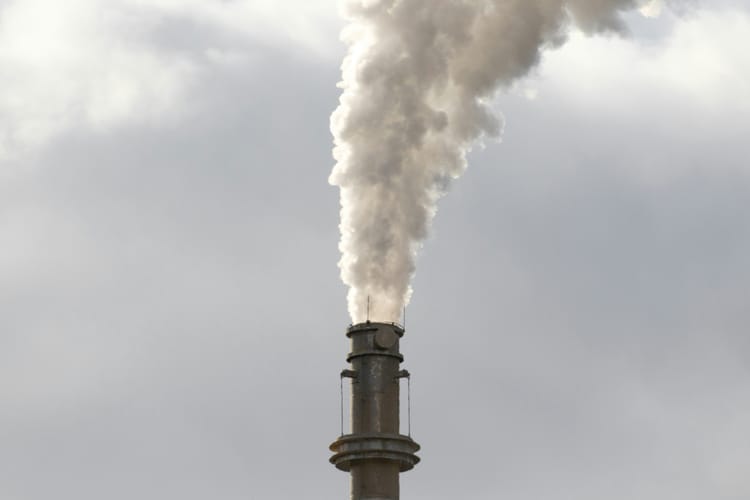Demand for sustainability skills is fast outpacing supply

Chief Sustainability Officers may soon struggle to build their teams, as demand for sustainability skills is rising faster than the workforce is acquiring them.
Data released today by Linkedin shows that “green hiring” is surging, having peaked 24% above the average hiring rate this year. This demand is led by the US, where the rate of hires for sustainability-related jobs is 44% above average, followed by the UK (30%), Spain (28%) and France (25%).
Joanna Bonnett, Founder of the Green Jobs Foundation, tells CSO Futures her organisation has also observed a rapid increase in demand for green jobs in the UK, with 280,589 green jobs advertised across all regions in 2022.
“This is good news for jobs seekers and local communities as local jobs are supporting the UK levelling up agenda and are being paid, in general, better than non-green jobs and at or above the real living wage,” she adds.
The Foundation’s State of the Nation report shows that the median advertised salary for green jobs advertised in 2022 was 16% above the national UK salary average for advertised jobs that same year.
C-suite level positions are in high demand – but women are being left behind
According to Linkedin, the most in-demand jobs requiring green skills range from CEO and managing director to business operations manager or project manager, but mostly belong to the C-suite – a sign that sustainability is being embedded deeper into business strategy.
Worryingly, women are even more underrepresented in senior positions in the green economy than elsewhere: they make up only 20% of VP roles and 21% of C-suite roles, compared to 27% and 25% across the global economy. Linkedin data reveals that nine in ten women “lack a single green skill or green work experience”.
“A green ceiling is emerging and the data shows women are underrepresented in both green jobs and green skills. We must help level the playing field for women, and to do that we need to break down the barriers that weigh heavier on women transitioning into their first green role. If we’re to meet climate targets this will take a whole-economy effort, and we simply can’t do that until we urgently address the ‘green ceiling’,” said Sue Duke, Head of Global Public Policy at Linkedin.
Green skills shortage ahead
In terms of the skills themselves, carbon accounting, sustainability and energy analysis and regulation compliance are among the most in-demand globally, along with water management roles in the US.
But according to Linkedin, companies “face a huge lack in skilled talent to fill green jobs”, as just one in eight employees globally has one or more green skills, and the share of workers with such skills is growing by about 8.5% a year.
Additionally, four out of five professionals who transition into green jobs have “at least some prior green experience or skills”, which suggests that it may be difficult for people to break into sustainability careers.
Bonnett suggests that upskilling may help fill some of these gaps: “We encourage current and future job seekers to invest in their own careers by upgrading their skills and to seek out green skills training courses, a lot of which are being offered accessibly for underrepresented groups,” she says.
Linkedin data also shows that strengthening digital and STEM skills increases job seekers’ chances of successfully transitioning into green jobs.
“The path ahead is clear and the data shows the steps that must be taken to address the challenge. Climate change conversations must be matched with adequate funding to upskill workers, and that includes support for businesses to implement training programmes and ultimately green jobs. The future of our planet depends on green talent,” said Allen Blue, Linkedin Co-Founder and Vice President of Product Management.







Member discussion